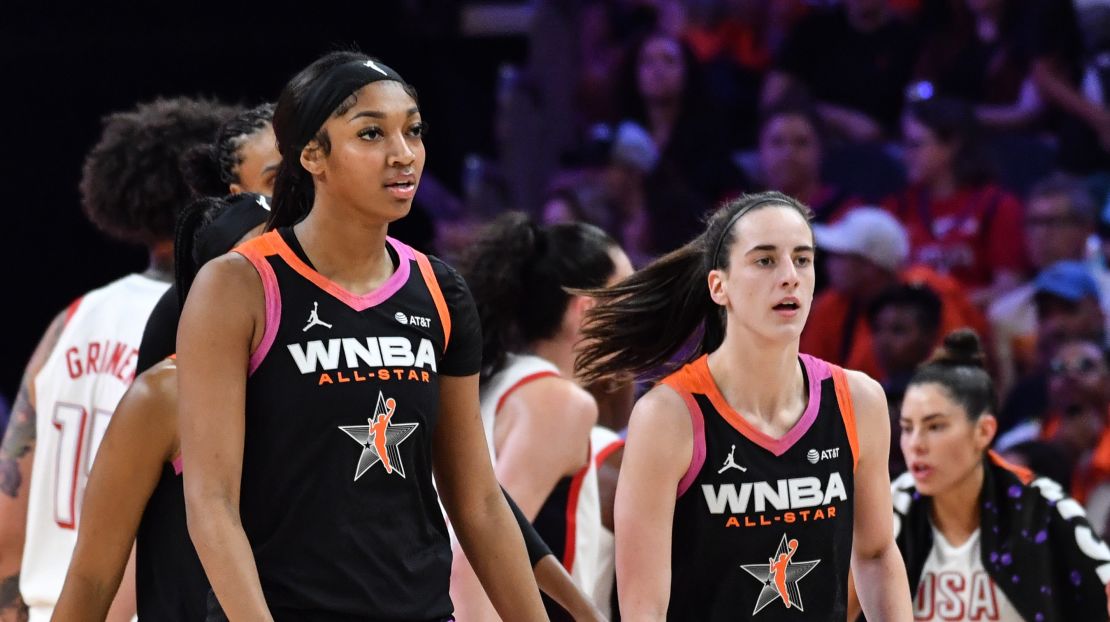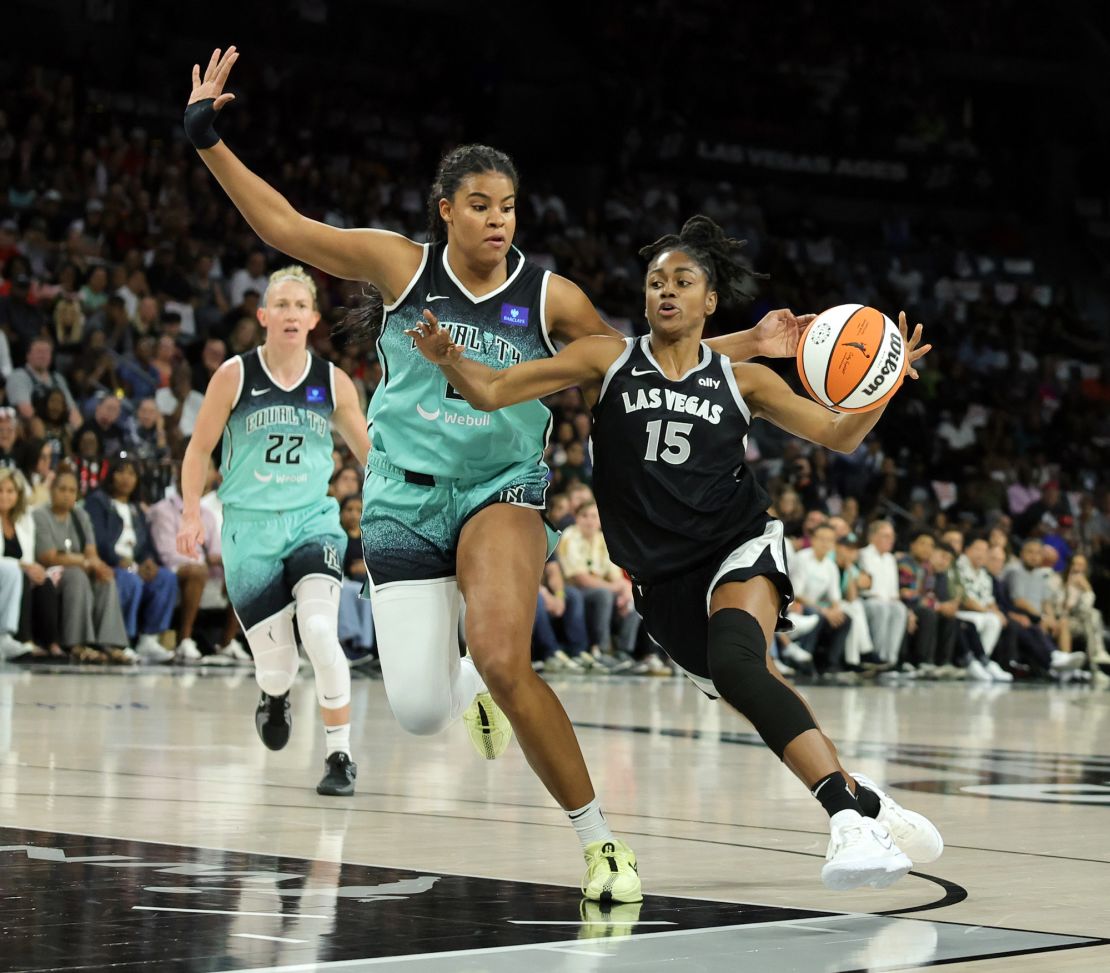When many of us hear the “Fall Classic,” we automatically think of baseball’s World Series. I’m not sure that will be the case for future generations.
Yes, I’m being somewhat provocative with that line, but the WNBA Finals have arrived on the heels of what can only be described as a historic season for the league. Across a metric of statistics, it’s clear that America’s interest in the WNBA is at the highest point this century in large part because of Indiana Fever star Caitlin Clark.
Let’s start simple: Google searches. They’ve been higher this WNBA season, starting with the draft in April, than at any point since we’ve had data (2004). Searches for the WNBA are up over 300% compared to last season, up over 850% compared to five seasons ago, and have risen nearly 1,400% from a decade ago.
That is, the WNBA has been rising, and this year it really took off.
This interest has translated into revenue for the league. Attendance is up a staggering 48% from 2023. There wasn’t a single team with an average regular season home attendance of five figures (10,000+) in 2023. This season, there were six.
Leading the charge was Clark’s Fever. A little more than 4,000 people attended their average game in 2023, which ranked them second to last. This season, more than 17,000 did, a 319% rise that put them far and away ahead of any other WNBA team and ahead of five NBA teams, including the hometown Indiana Pacers.
We see the same pattern in merchandise. Sales are up 600% from last year. This includes the boost from rookie sensations Clark, who had the best-selling jersey, and Angel Reese of the Chicago Sky, who had the second-best-selling jersey.

Indeed, the Clark-Reese rivalry helped to spur what is perhaps one of the most important metrics of success: viewership. More people tuned into the average nationally televised WNBA game this season, 657k, than in any season in the 21st century.
When we focus on games involving Clark, her impact becomes clear. Nearly 1.2 million on average tuned into games including Clark’s Fever, roughly three times the average for games without the Fever.
Competitions between the Fever and Reese’s Sky set league records. This included the league’s most-watched game in over two decades, which was in mid-June on CBS Sports (2.25 million), which was itself beaten by 2.35 million tuning into an ESPN game between the two squads two weeks later.
But arguably more important to the league is that the Clark-Reese showdowns got people to tune into channels they wouldn’t otherwise. More people tuned into a blowout involving Clark and Reese at the end of August (1.6 million) than any other game broadcast in Ion history.
These Sky-Fever numbers actually match or exceed the average nationally televised MLB regular season game. And though the Fever have been eliminated, these WNBA playoffs have continued to break records – Game 1 of the Liberty-Aces series was the most watched WNBA semifinals game in 22 years, right up until Game 3 broke that record with an audience of 994k. Last year’s audience was less than half that mark.

Of course, the MLB’s ratings this postseason will exceed those of the WNBA with Clark’s Fever bounced from the postseason.
But it’s clear that the WNBA really has a bright future thanks to Clark and Reese.
Take a look at data from Q Scores, which help to measure the popularity of stars. More Americans know who Clark (44%) is than baseball stars Aaron Judge (30%), Mike Trout (25%), or Shohei Ohtani (23%). Reese has numbers similar to those of these baseball stars, with 27% knowing who she is.
An average of 21% knew who the average athlete tested was.
It’s not just that a lot of people know who Clark is. It’s that a lot of the people who do list her as one of their favorite stars (20%). That’s significantly higher than the average male or female athlete (13%). Reese comes in above average too (16%).
As an old friend of mine once said, entertainment rides or dies because of the stars. This year seems to have proven that old adage and suggests the WNBA has a bright future.





